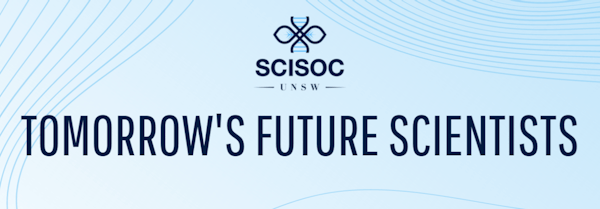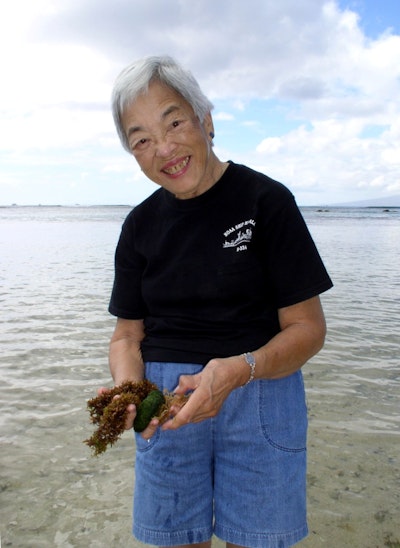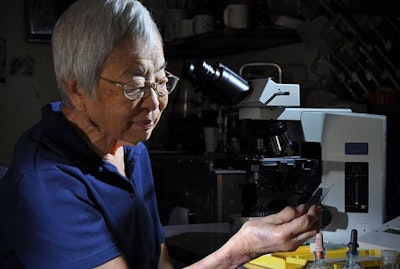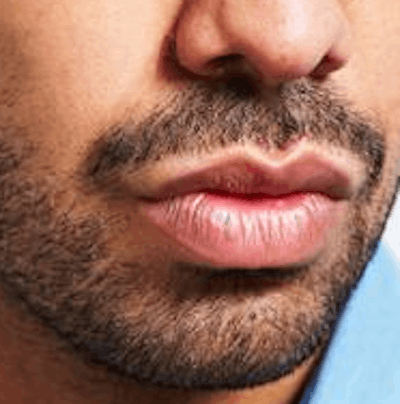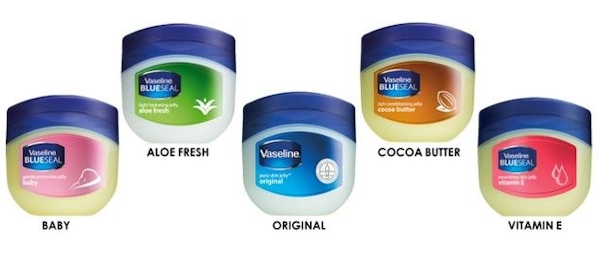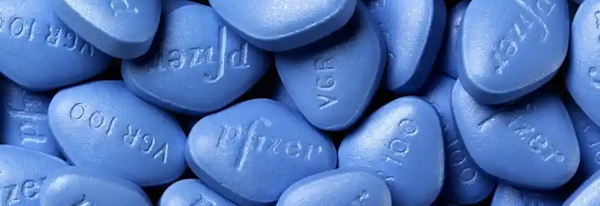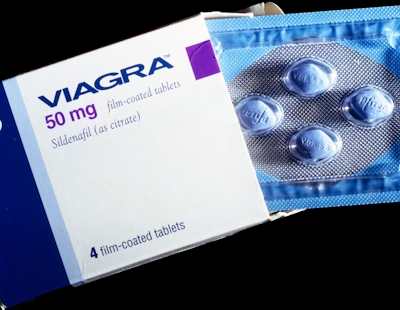Welcome back to PRISM, the SCISOC newsletter! In this edition, we bring to you the exciting announcement of some of our upcoming SCISOC events (and there's even more to come soon)! In our Scientist Spotlight, we talk about the inspiring scientist Isabella Aiona Abbott and her impressively long and accomplished career. Finally, in our Fun Corner, we discuss the world's most beneficial and popular, yet very much entirely accidentally founded, inventions! Get comfy and enjoy this week's edition of PRISM! |
|
|
UNSW MarkSoc x SCISOC Presents: Odd Man Out UNSW MarkSoc and SCISOC have joined forces to bring you ‘Odd Man Out’! On October 8th, you can participate or spectate a live battle between several contestants discussing three topics. Each round consists of one elimination conducted by the viewers, and if the contestant who was given the role of liar is chosen, the remaining contestants will split the prize. However, if the liar is able to survive every round, they will win the entire prize. There are high stakes so stay tuned on the Facebook event page! |
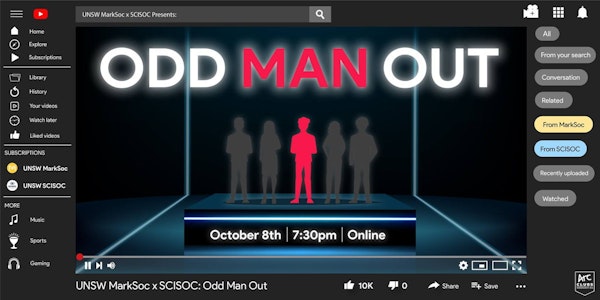 |
 |
Date: 8th of October, 2021, 7:30pm - 9:00pm Location: Zoom for contestants and FB Livestream UMCG x EngSoc x PsychSoc x SCISOC Presents: Spooktober Scavenger If you are in need of a scare then get ready for an early Halloween with a UMCG, EngSoc, PsychSoc and SCISOC collaboration on an online scavenger hunt. Compete in teams of 4-5 in spooky challenges for a chance to win a $150 UberEats gift card. So get pumped and register quickly before the 5th of October as spots are limited and be sure to check out the facebook event for more details! Date: 7th October, 2021, 6-8pm Location: Online (Discord) |
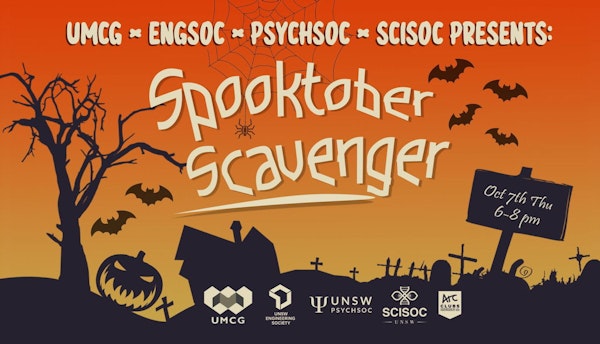 |
UNSW SCISOC Presents: If You Are The One If you’ve been lonely over the past few months and are looking for that special (vaxxed and masked-up) someone to spend post-lockdown with, look no further! UNSW SCISOC Presents: If You Are The One, a dating show inspired by the TV show of the same name! One male candidate will be participating against 10 female contestants online on the 15th of October, so make sure you don’t miss out on this magical opportunity to play or to watch along with snacks. More details will be included on UNSW SCISOC’s Facebook and the Facebook event page so keep your eyes peeled for announcements! Date: 15th of October, 2021 Location: Online (Zoom/Discord) |
Remember to follow us on our SCISOC Facebook page to keep up to date with our upcoming events! |
|
|
Breaking barriers during her long career as a scientist, author, and university professor, Isabella Aiona Abbott was one of the world’s foremost authorities on limu (marine algae), or the more than 70 edible varieties of seaweed. She is thought to be the first Native Hawaiian woman to earn a Ph.D. in science, and was considered as the foremost expert on central-Pacific algae, where Abbott’s work won her the accolade ‘First Lady of Limu’. Through her 90 years (1919-2010), Abbott navigated an ocean of ‘firsts’ for indigenous people and continued Hawaiian ocean stewardship practices through the cultivation and harvest of limu. |
|
|
Abbott was born on June 20th, 1919 in Hana, Maui to a Native Hawaiian mother and Chinese father. During her childhood, she would go with her mother to the seashore collecting seaweed and use it to cook traditional Hawaiian dishes while learning fluent Hawaiian. In 1937, Abbott graduated from Kamehameha Schools, earned a bachelor’s degree in botany from the University of Hawaii in 1941 and a master’s degree from the University of Michigan in the following year. By the age of 31, Abbott obtained her Ph.D. in algal taxonomy from the University of California Berkeley. |
| |
|
In 1972, Abbot became the first female full professor in Standford’s biology department, as well as the first minority full professor. She later wrote ‘Marine Algae of California’ which was characterized as “the definitive description of marine algae along the Pacific coast” by Dave Epel, professor emeritus of biology at Stanford. Altogether, Abbot wrote more than 150 articles and published eight books. After retirement in 1982, Abbot then joined the University of Hawaii and began teaching Hawaiian ethnobotany, where her contribution led to the creation of a bachelor’s degree in this subject. |
|
|
| Abbot strove to uncover historical uses for marine algae, as she found ways to reintroduce seaweeds into everyday life. Her work led to a university-level study of Hawaiian ocean knowledge, whilst revitalizing the relationship people have with the natural ecosystems. Abbot followed her passion, and in the process made progress for future generations. Her legacy today continues to inspire many. |
|
|
Sometimes, the world’s greatest inventions were due to a mere accident, and it’s crazy to think what the world would be like without some of them. Some accidental inventions can improve the well-being of people, while others may serve as a product with great utility. Today we look over some products that were discovered by accident, and their role in improving our quality of life. |
|
|
Vaseline It’s a cold and dry winter day and as you reach into your pocket for some lip balm, do you ever wonder how or where that balm was first conceived? Well, in 1859 Robert Chesebrough was working in the oil field of Titusville when he noticed that oil workers were using a particular substance to heal their cuts and burns. The substance was residue that was removed from oil rig pumps called rod wax. Chesebrough, a seasoned chemist, began to collect this black, waxy substance and started the process of refining it over the next five years. Distilling the thinner, lighter oils from rod wax would net a light-coloured gel called petroleum jelly. |
| |
|
Petroleum jelly has water-repelling properties that make it effective in sealing what it’s put over (hydrophobic) as well as retaining moisture inside. Just some of the many lesser-known uses of vaseline include: Taking out lipstick stains Getting chewing gum off wood Stopping fungal growth on turtle shells.
|
|
|
Viagra Pfizer, the pharmaceutical company that has been well talked about recently during the COVID-19 pandemic, was the first company to discover and market the widely-known prescription drug to battle erectile dysfunction (ED) - Viagra. In 1992, scientists at Pfizer were developing a compound that would serve as the treatment for hypertension (high blood pressure) and angina (chest pain from heart disease). However, researchers discovered that the drug didn’t successfully treat angina, but instead unexpectedly induced erections during Pfizer’s clinical trials. Seeing this is an opportunity to cater to the medical need of ED, which at the time was poorly met in the pharmaceutical industry, Pfizer began to market this product across the U.S. |
|
|
| After being FDA-approved in 1998, Viagra saw a large influx of revenue for the company being the first oral treatment for ED, now averaging around $1 billion within the past 2 decades. Although an accident, Pfizer has become well-known for its part in alleviating anxiety and improving the self-esteem of men across the world. |
|
|
Almost everything that we take for granted nowadays began with a discovery, albeit accidental, that was pursued ruthlessly to be brought into existence. It really puts into perspective how humans have discovered the natural world’s uses and how much there is yet to be discovered. |
|
|
UNSW Science Society is proud to announce our continued partnership with GradReady through 2021. GradReady provides GAMSAT Preparation courses for anyone looking to pursue Medicine after they graduate.
This process starts earlier than you think, so if you’re studying medical science or just have that passion, check out what they have to offer! |
|
|
| |
